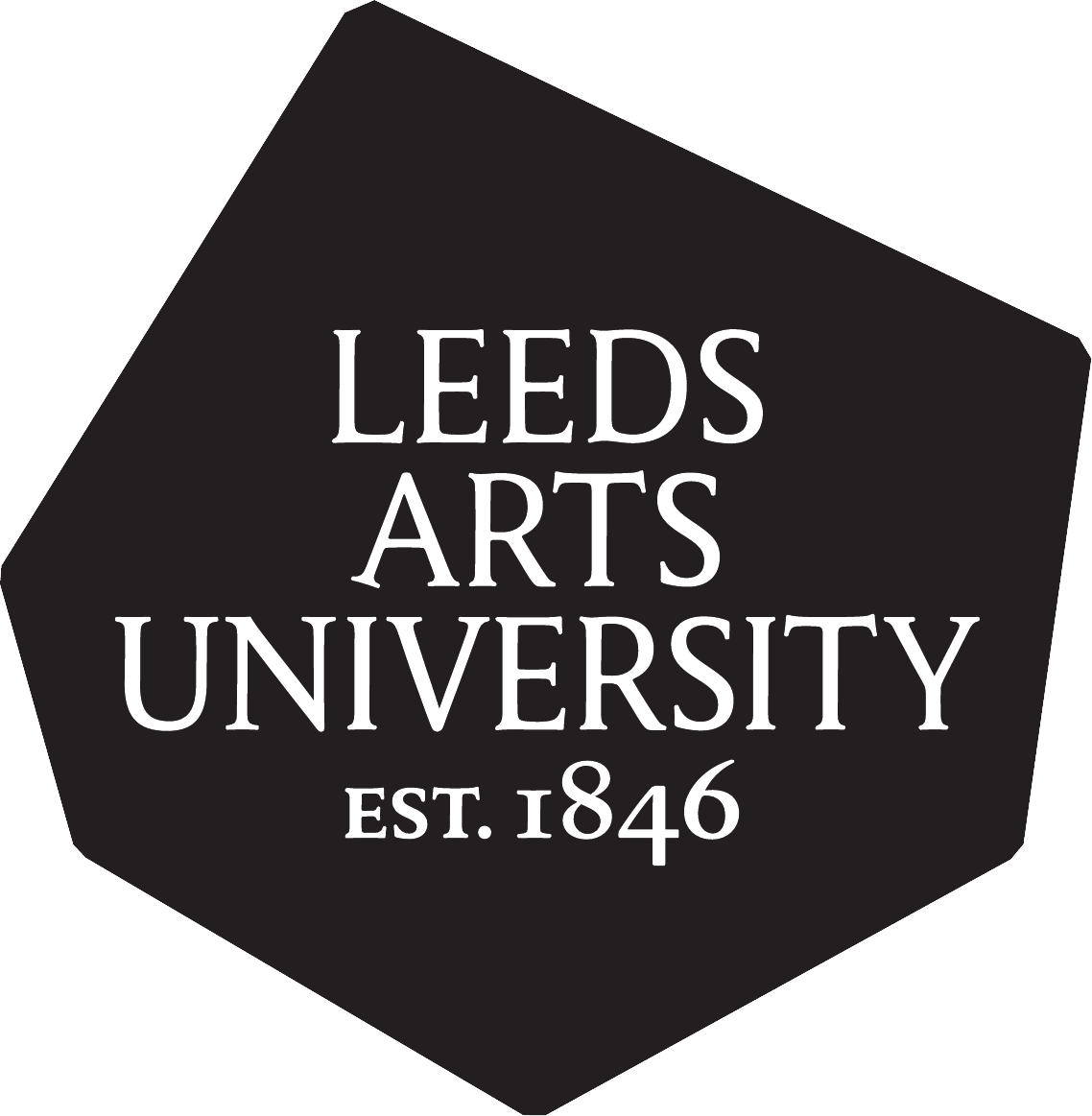Friendship, discourse and belonging in the studio: the experiences of ‘non-traditional’ students in Design Higher Education
Broadhead, Samantha 
Abstract
The national policies, operating within the United Kingdom, of widening participation for students exists within a competitive and uncertain higher education culture. The impact of this on those described as ‘second chance’ or ‘untraditional’ students who at the same time want to become designers needs to be examined. The paper analyses two narratives of continuity and discontinuity constructed by and between myself, and two post-Access to HE design students. They are people who have gained places on textile degrees with an Access to HE diploma, rather than the more conventional A ‘levels; they tend to be mature students with diverse social backgrounds (Hudson, 2009:25; Penketh and Goddard, 2008:316; Burke, 2002:81). The students were both studying textile design but at different Higher Education Institutions (HEIs). Textile designers are concerned with designing for surfaces and embellishments which could include wallpapers, fabrics for fashion or interiors, flooring, and packaging. These narratives were selected from a longitudinal study (2011-14) that sought to investigate the experiences of post-Access to HE students in art and design higher education. The participants were studying on a range of creative degree programmes in various institutional contexts. Narrative inquiry was used to show the ways in which students reflected on and took stock of their learning careers, (Clandinin and Connelly, 2004; Butler-Kisber, 2010). The analysis of the narratives draws upon some of the notions concerned with phronesis (prudence or practical wisdom). Aristotle claimed that only a person of experience can practice practical wisdom, and a young person is unlikely to have extensive life experience, (Aristotle, Nicomachean Ethics, Book VI, Chapter 8). This discussion recounts some of the critical incidents within the stories where I have noticed evidence of phronesis or at some points the absence of wise judgement. It is suggested that within the context of higher education mature adults sometimes make poor decisions leading them to act in ways that continue their sufferings. This is because they do not always exercise their potential to act with prudence, (Aristotle, Nicomachean Ethics, Book VI, Chapter 5). It is argued that friendship and acting well in the interests of others is an important aspect of phronesis, (Aristotle, Nicomachean Ethics, Book VI, Chapter 11); where all students are supported to make good decisions about their education. The design studio space (both in its physical and virtual form) is revealed to be a place where horizontal discourse takes place which enables acts of friendship between students (Broadhead, 2015). Through friendship and a sense of belonging students are able to continue with their studies even though they meet unexpected and difficult challenges. At the same time, the studio can also be an alienating space that confuses and frustrates some students, making them consider discontinuing their course.
Actions (login required)
 |
Edit Item |

